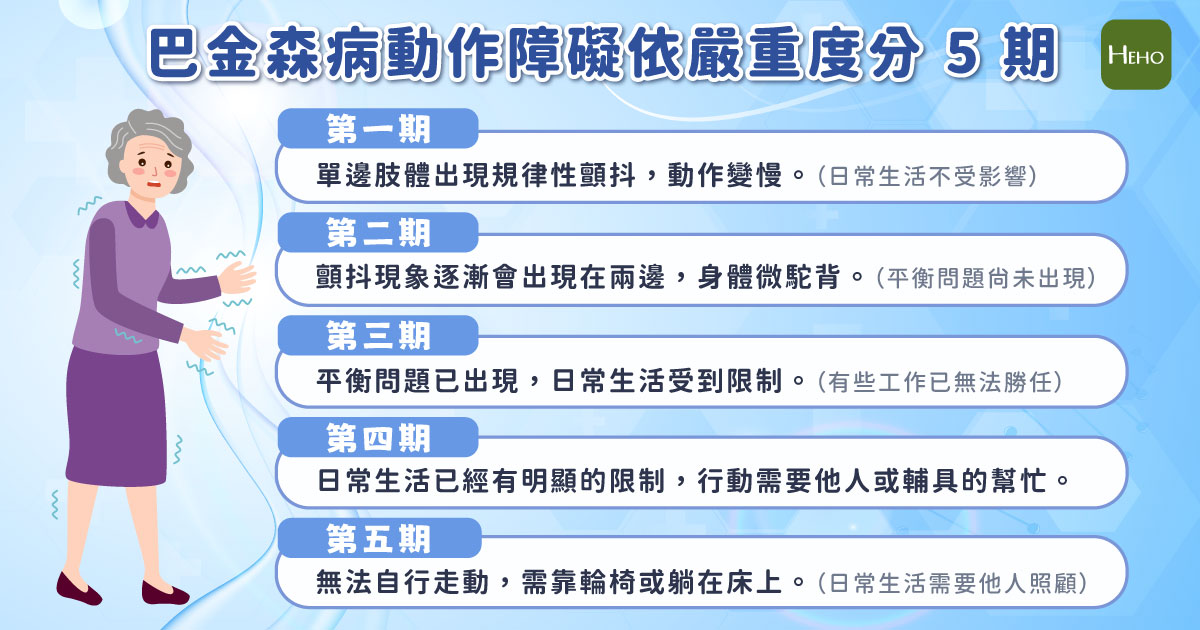Parkinson's disease and dementia, though both classified as neurodegenerative diseases differ significantly in symptoms and causes. Dementia primarily affects memory function, while Parkinson's disease impacts motor function. Its cause is related to synucleinopathy, leading to dopamine deficiency, and it progresses through five stages, from mild tremors to complete dependence on others for care.
Although treatment for Parkinson's disease can alleviate symptoms, it cannot cure the condition. As the disease progresses, patients face challenges such as fluctuating and diminishing drug efficacy. Dr. Huang Yanxiang highlights that during the initial treatment phase, patients often experience a “honeymoon period” with significant symptom improvement. However, most patients encounter reduced drug efficacy within 5 to 7 years. To delay symptoms, especially in younger patients, dopamine agonists should be prioritized to minimize the long-term side effects of levodopa dependency. Parkinson's disease is divided into 5 stages based on severity. (Image/Provided by Heho Health)
Parkinson's disease is divided into 5 stages based on severity. (Image/Provided by Heho Health)
Beyond medication, regular exercise and psychological support are crucial for improving patients' quality of life. Exercise can ease symptoms, and maintaining a positive mindset helps slow degeneration. Dr. Huang recommends activities such as handicrafts, music, and painting, which not only relax the mind but also serve as a form of rehabilitation. These activities encourage patients to approach the disease with a more proactive attitude.
Though Parkinson's disease is a long journey, proper medication, family support, and an active lifestyle can help patients find hope amid challenges and delay the disease's impact on their daily lives.






